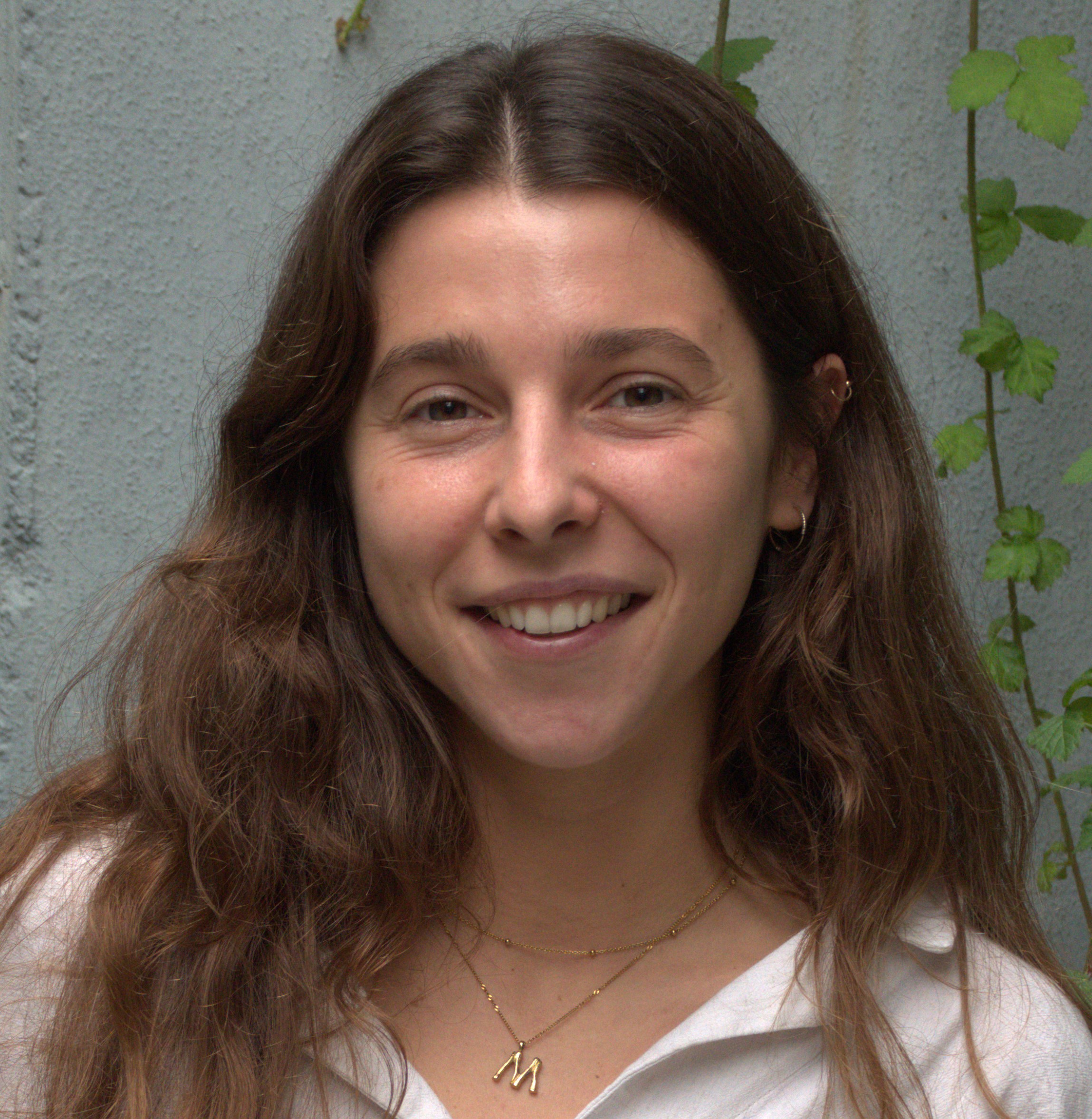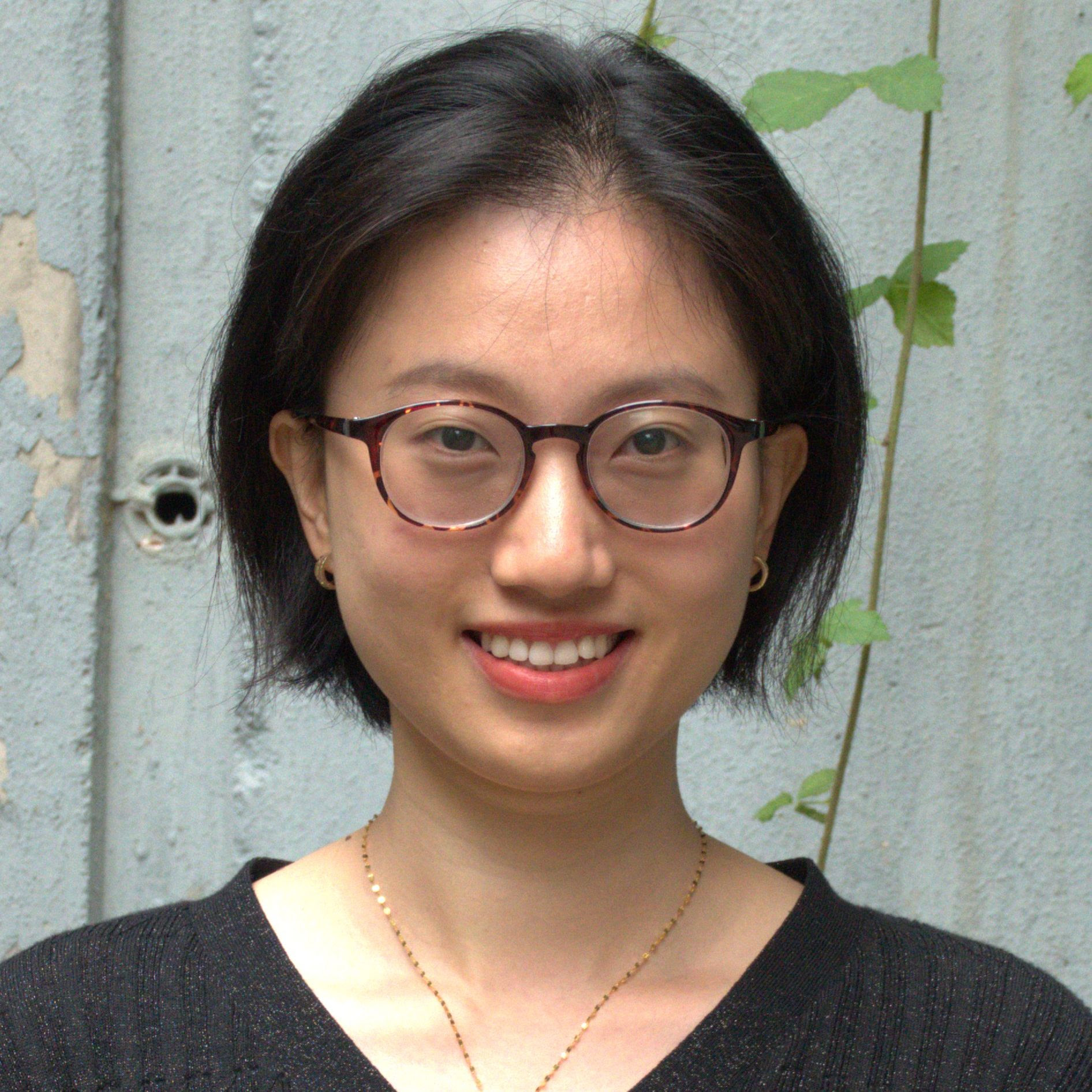For information on upcoming courses, please visit our website
This course provides an introduction to global family demography, focusing on both theoretical and practical approaches. It will cover seminal theories on family systems and family change with a focus on cross-country comparative analyses, macro-level perspectives, and current debates. Additionally, students will be introduced to essential data infrastructures to conduct research within the field of family demography. Lastly, we will cover data visualization techniques that focus on communicating macro-level and comparative findings
Students will become familiar with the theoretical foundations of comparative family demography and contemporary debates in the field. By the end of the course, students will be able to access and use core datasets to study global family change from individual and household perspectives, and will have a solid understanding of how to effectively visualize their findings.
This course will be useful for undergraduate and graduate students, as well as early career researchers, who are interested in family demography.
Students must bring their own laptop with RStudio installed.
Students will need to have basic quantitative skills and first experience using R for data analysis.

Maria Pohl is a PhD student at the Autonomous University of Barcelona and works within the ERC project “Intergenerational Coresidence in Global Perspective”. Maria holds a MSc in Socio-Ecological Economics and Policy (WU, Vienna) and a MSc in Population Studies (University of Groningen). Before starting her PhD, she participated in the European Doctoral School of Demography. Her research focuses on family change, fertility, and social inequalities.
Más información
Simin Dai is currently pursuing a PhD at the Autonomous University of Barcelona and works within the ERC project “Intergenerational Coresidence in Global Perspective”. Simin holds a MPhil in Sociology and Demographic from the University of Oxford. Before starting her PhD, she participated in the European Doctoral School of Demography. Her research focuses on fertility, living arrangements, intergenerational processes, and social inequalities.
Más informaciónDr. Albert Esteve: he is director of the CED and Professor at the Department of Sociology (UAB). He recently obtained his second ERC Grant (CORESIDENCE: Intergenerational Coresidence in Global Perspective: Dimensions of Change). Albert investigates aspects related to demographics, marriage formation, marriage markets, and the structure of households, both nationally and internationally.
Dr. Juan Galeano: he is a researcher at the (CED), where he is currently responsible for the data infrastructures of the CORESIDENCE project. He is also the co-principal investigator of the project “Bringing Social and Computational Sciences Together: Unraveling Household Composition and Change through the Implementation of the First World-Scale Multilevel Analysis”, a collaborative initiative between CED and the Barcelona Supercomputing Centre (BSC).
Date
02 Jun 2025 - 04 Jun 2025
Registration deadline
13 Apr 2025
Schedule
Monday to Wednesday from 10.00h to 14.00h
Modality
In person only
Fee
50 € (special fee)
Language
English